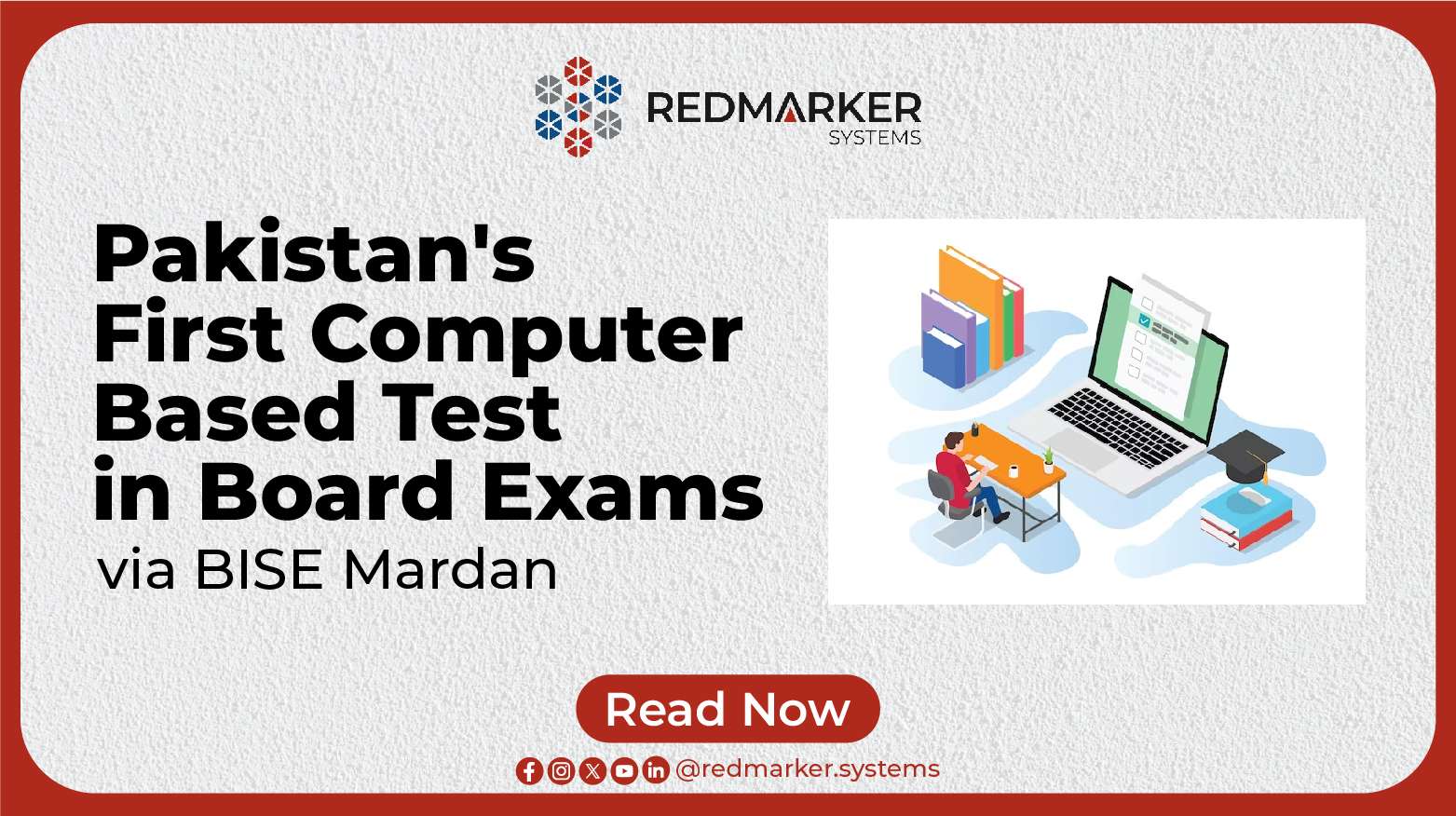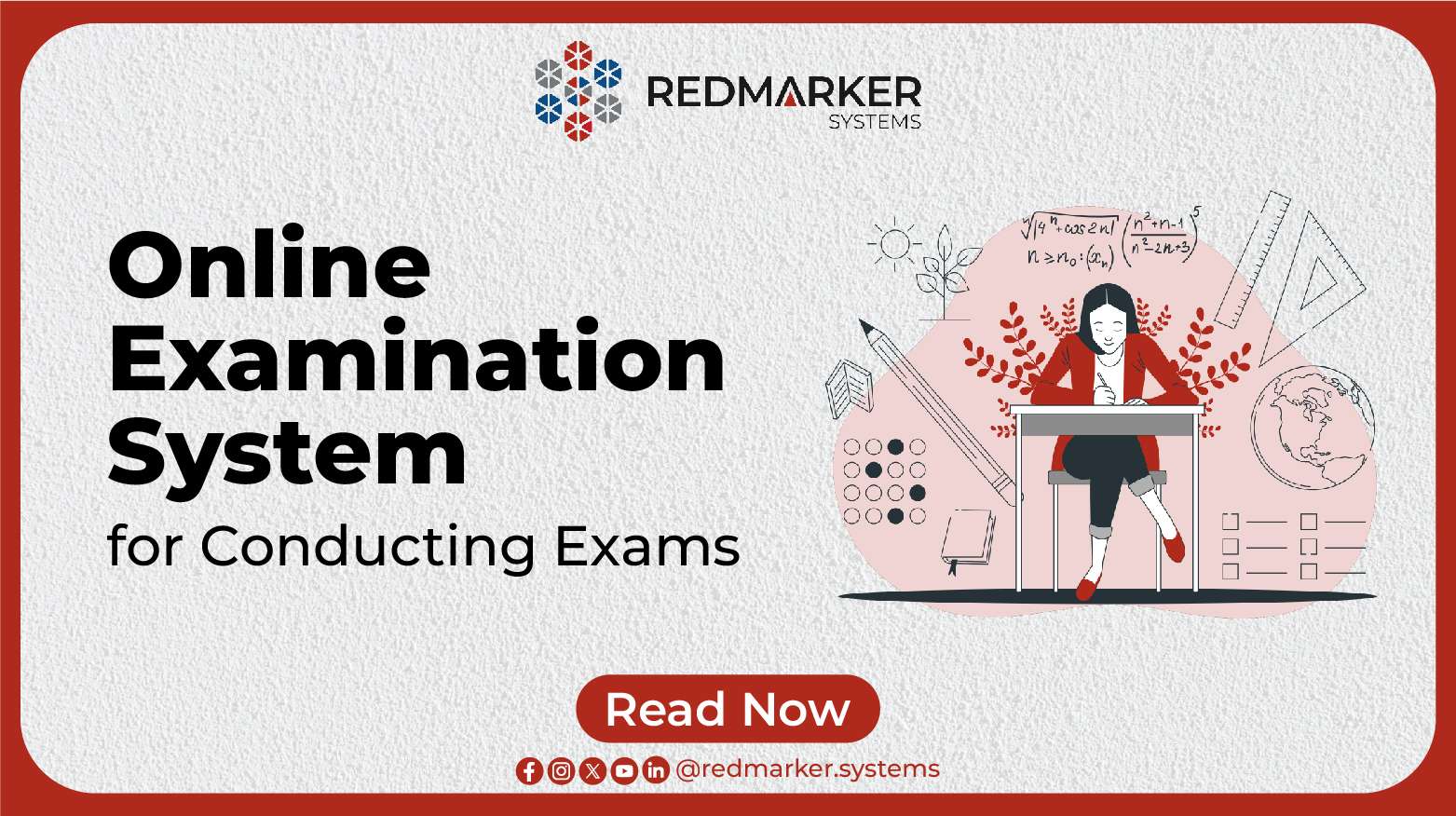Introduction
In the era of digital transformation, the educational landscape is undergoing a significant shift. Traditional brick-and-mortar classrooms are increasingly making way for digital alternatives. Online exams, once an occasional occurrence, have become a prominent feature of this new educational landscape. As we adapt to this changing norm, it is essential to weigh the advantages and disadvantages of online exams, not only for students but also for the broader education system. In this comprehensive guide, we will explore the various facets of online exams, ranging from their flexibility and accessibility to the challenges they pose.
Pros of Online Exams
Convenience and Flexibility
One of the most significant advantages of online exams is the flexibility they offer. Students can schedule their exams according to their convenience. This is particularly beneficial for those juggling work, family, or other commitments. No longer bound by rigid schedules, online exams empower learners to adapt their study time to their lifestyles.
Accessibility for All
Online exams bridge geographical and physical barriers. Students from all over the world can access education without the need to relocate. This inclusivity empowers individuals who may have otherwise been excluded from traditional education, making learning accessible to a global audience.
Eco-Friendly Approach
Online exams are environmentally friendly. By reducing the need for paper, travel, and physical infrastructure, they contribute to a more sustainable future. This green approach aligns with the growing concern for our planet and minimizes the carbon footprint associated with traditional exams.
Cons of Online Exams
Technical Challenges
Online exams are not without their challenges. Technical glitches, such as internet connectivity issues or software malfunctions, can be frustrating and disruptive. Students may find themselves unexpectedly disconnected from the exam, leading to stress and potential unfairness.
Cheating Concerns
The ease of accessing digital resources during online exams raises concerns about cheating. While proctoring solutions exist to deter dishonesty, they are not foolproof. Students can still find inventive ways to bypass these measures, posing a threat to academic integrity.
Reduced Human Interaction
Traditional exams provide the opportunity for direct interaction with educators and peers. Online exams, on the other hand, often lack this interpersonal element. This reduced human connection can hinder the depth of learning and problem-solving skills.
Academic Integrity and Online Exams
Proctoring Solutions
To address cheating concerns, institutions employ remote proctoring solutions that monitor students during online exams. These may include webcam surveillance, screen recording, and AI-based analysis. While these solutions help maintain integrity, they also raise privacy concerns.
Plagiarism Detection
Online platforms have tools to detect plagiarism, ensuring that students submit original work. However, this raises ethical questions about the potential over-reliance on technology in academia. Striking the right balance is essential to preserve academic integrity.
Ethical Dilemmas
Online exams raise ethical dilemmas for educators and institutions. They must navigate the fine line between maintaining academic rigor and respecting the individuality and privacy of students. Striking this balance is no easy task.
Impact on Learning
Self-Motivation and Discipline
Online exams demand a higher level of self-motivation and discipline. Students must manage their time effectively and create a conducive learning environment. This fosters skills that are valuable in various aspects of life.
Stress and Anxiety
The pressure of online exams, especially under surveillance, can lead to heightened stress and anxiety. Managing these emotional aspects becomes crucial for overall well-being and academic success.
Learning Outcomes
The effectiveness of online exams in delivering quality education is a subject of debate. Assessing whether they lead to the same learning outcomes as traditional exams is essential to determine their long-term impact.
Online Exam Preparation
Time Management
Effective time management is the key to success in online exams. Creating a study schedule, setting goals, and adhering to deadlines are essential practices to ensure readiness.
Technical Readiness
Students must be technologically equipped for online exams. This involves ensuring a stable internet connection, familiarity with the exam platform, and troubleshooting capabilities.
Test Anxiety Management
Online exams can exacerbate test anxiety. Techniques such as deep breathing, mindfulness, and relaxation exercises can help students manage their stress levels effectively.
Tips for Online Exam Success
Effective Study Techniques
Enhancing study techniques, including active learning, note-taking strategies, and revision methods, can boost online exam performance.
Mindfulness and Well-being
Promoting well-being is crucial for success. Encouraging mindfulness practices and mental health support can lead to better academic outcomes.
Time-Tested Strategies
Adopting proven strategies such as breaking down complex topics, seeking help when needed, and practicing with mock exams can enhance preparedness.
Are Online Exams Here to Stay?
The Future of Education
Online exams have revolutionized education, but will they endure? We explore the trajectory of online learning and its role in the future of academia.
Hybrid Approaches
Hybrid education, combining both online and in-person components, may provide the ideal solution. We examine the potential for hybrid approaches to maximize the benefits of both worlds.
Conclusion
Online exams have reshaped the educational landscape, offering convenience and accessibility while presenting challenges related to technology and academic integrity. As the world continues to embrace digital education, it is essential to address these pros and cons openly. Only then can online exams genuinely contribute positively to learning and personal growth.
By understanding the nuanced landscape of online exams, we equip ourselves to make informed decisions and adapt to the ever-evolving face of education. The future of learning undoubtedly lies in a blend of online and traditional methods, ushering in a new era of hybrid education that promises the best of both worlds.
Can I take online exams from anywhere in the world?
Yes, online exams provide the flexibility for students to take their tests from virtually any location with a stable internet connection.
What are some effective strategies for managing test anxiety during online exams?
Managing test anxiety involves various techniques, such as deep breathing exercises, mindfulness practices, and relaxation methods. Developing a healthy study routine and seeking support from academic resources can also help alleviate stress and anxiety.
How can educators maintain academic integrity during online exams?
Educators can ensure academic integrity by using proctoring solutions, plagiarism detection tools, and ethical guidelines. Striking a balance between maintaining rigor and respecting individual privacy is crucial.
What does the future hold for online exams in education?
The future of education appears to be a fusion of both online and in-person methods, known as hybrid education. This approach maximizes the advantages of both worlds, providing students with the flexibility of online learning and the interpersonal engagement of traditional classrooms.
By addressing these frequently asked questions, we hope to provide clarity and guidance for both students and educators navigating the realm of online exams.
For further reading on the topic and recommended online exam



